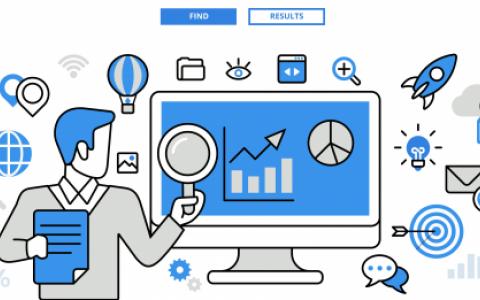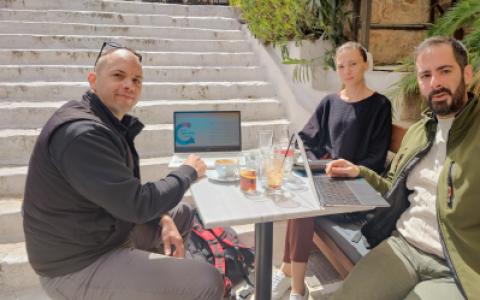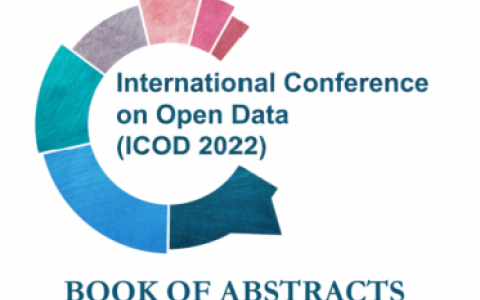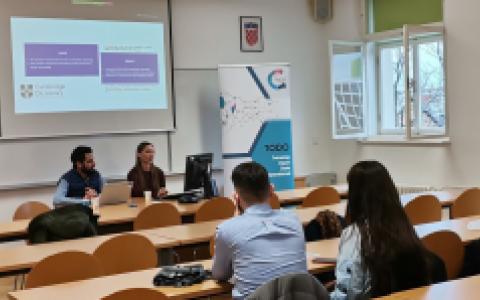Open data ecosystem
Open data ecosystem (ODE) is a concept that provides a dynamic and holistic understanding to open data provision and use. The main characteristics of open data ecosystems are user-drivenness, inclusiveness, circularity, and skill-based (Van Loenen, Zuiderwijk et al., unpublished/ submitted).






